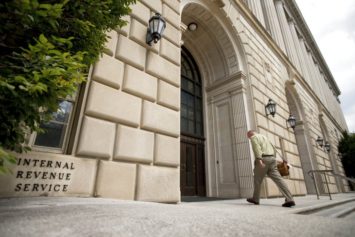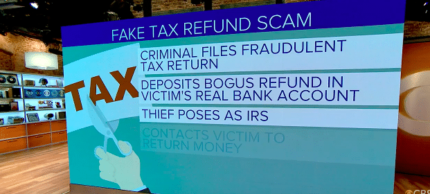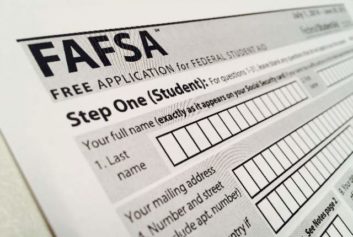If you’re one of the lucky Americans expecting a tax refund this year, what are your plans for the additional cash you’ll have in your pocket? Certainly it’s tempting to spend it—on a fun vacation, expensive evening out or the latest, greatest electronics—but making a conscious effort to avoid impulsive purchases may be in your best interest.
Consider utilizing your tax refund in a way that could make an impact in your life for years to come.
Here are some ways to utilize tax refund money:
Pay off debt or add to your savings. A good use of your tax refund would be to immediately paying off high-cost, short-term debt (like a credit card) or use the refund as seed money for a much-needed emergency fund or a savings account. Being out of debt and having a cushion in case of emergencies can provide more freedom for you to begin building upon future investments.
Remodel your home with a tax credit incentive. Consider adding energy efficient improvements to the home you own — like new doors and windows, roofs, insulation, HVAC, etc. Not only can you take up to $500 off of next year’s taxes with a tax credit, you’ll likely reap the benefit of lower energy bills for years to come. A good resource of information on energy efficiency tax credits is the Energy Star website or visit the Department of Energy’s tax credits and rebates page, which lists state programs.
Make an extra payment on your college loan. In February 2013, the Federal Reserve Bank of New York, in its latest Household Debt and Credit Report, announced that in the fourth quarter of 2012 outstanding student loan debt now stands at $966 billion, an increase of $10 billion from the previous quarter. Furthermore, it claimed the percent of student loan balances 90+ days delinquent increased again and currently stands at 11.7 percent. If you have student loan debt, it is wise to get rid of it as soon as possible.
Other ideas to consider include: investing through a ROTH-IRA, making an extra mortgage payment, investing in a child’s education fund or your own career by taking a continuing education class.
Lastly, although it seems fun to get what seems like free money, get rid of next year’s refund. Discuss with your company’s administrator about adjusting your W-4 form so the IRS withholds fewer of your dollars throughout the year.
Rob Rumley is a Financial Advisor with the Global Wealth Management Division of Morgan Stanley in Atlanta.


